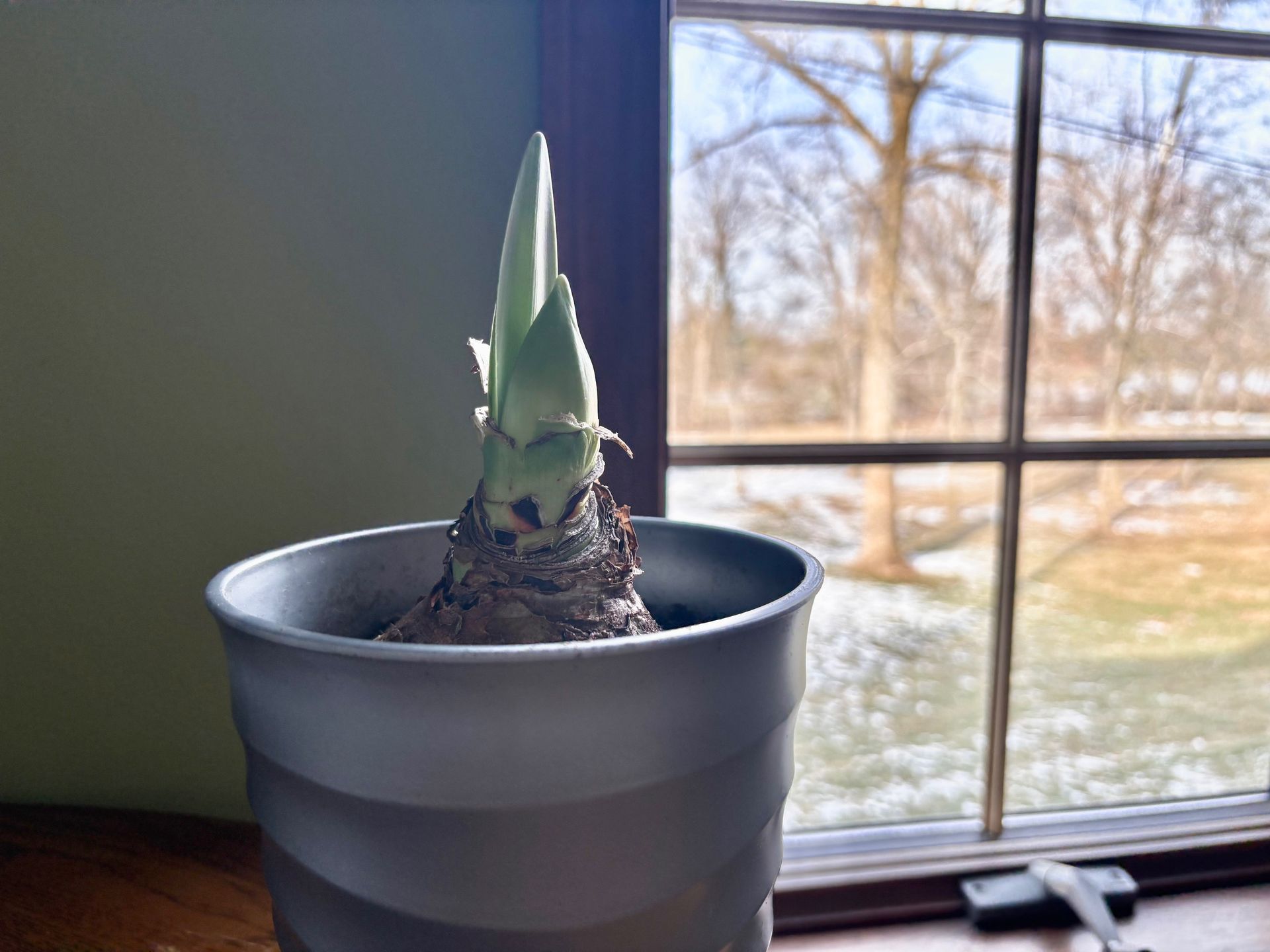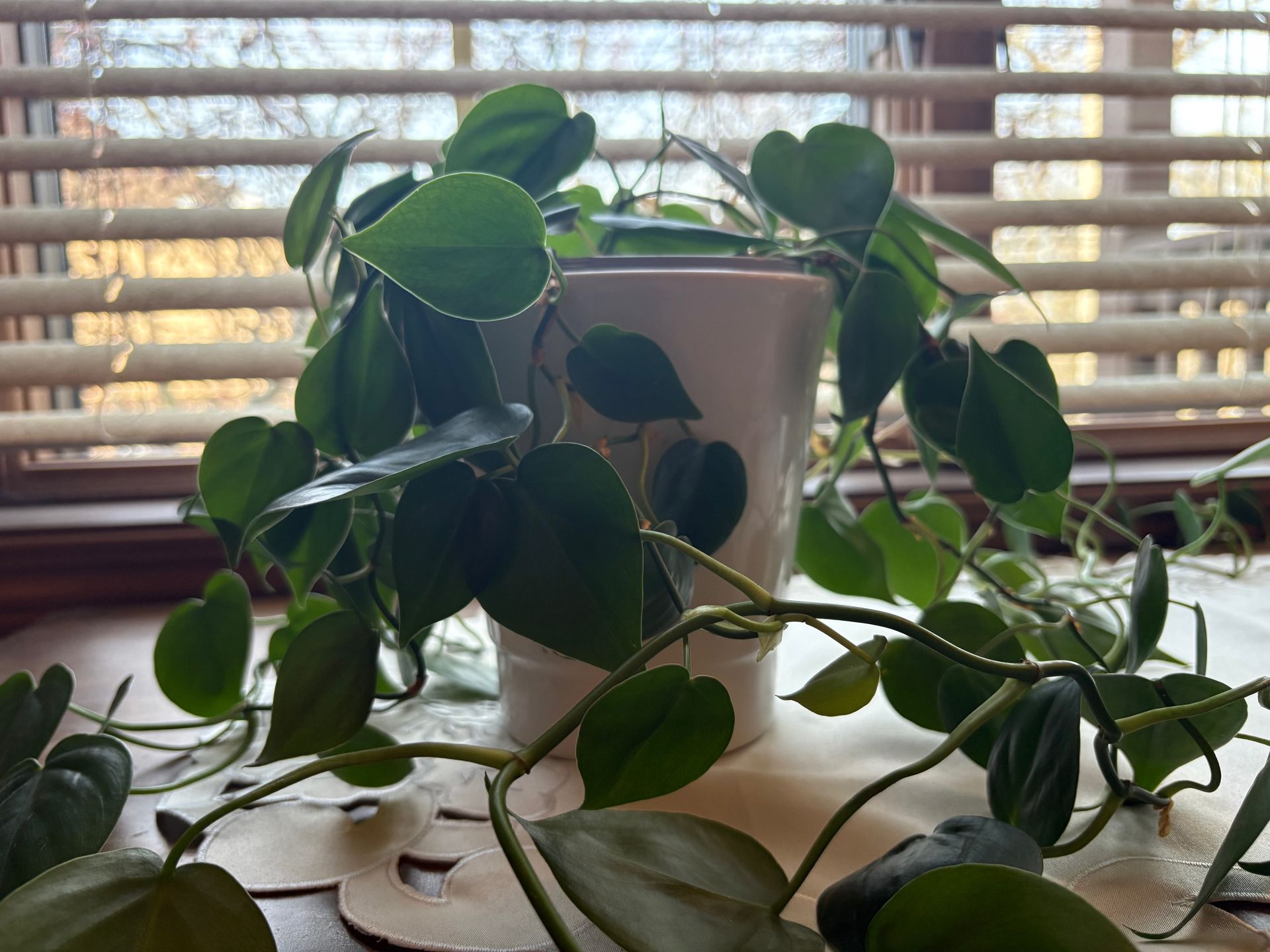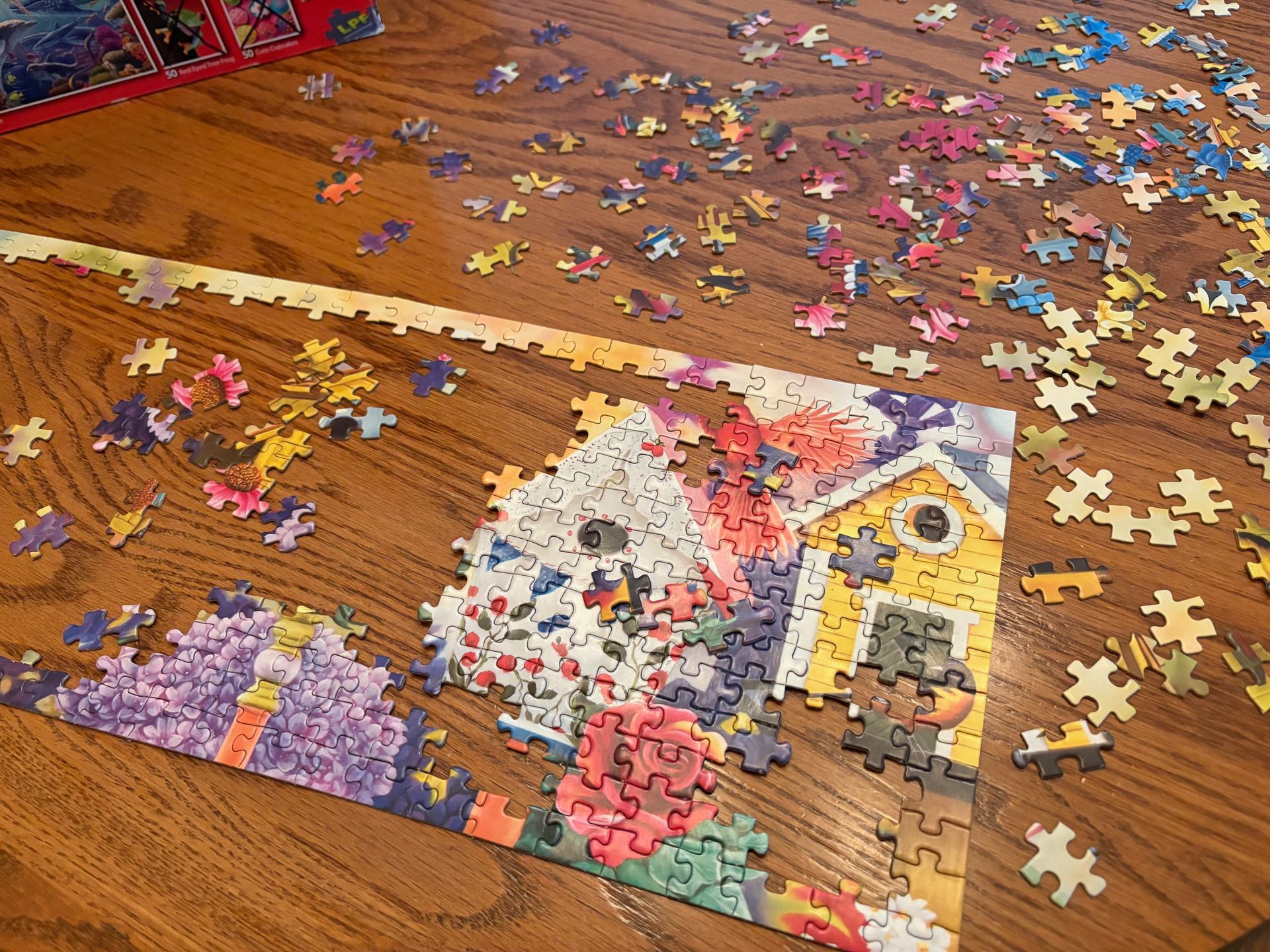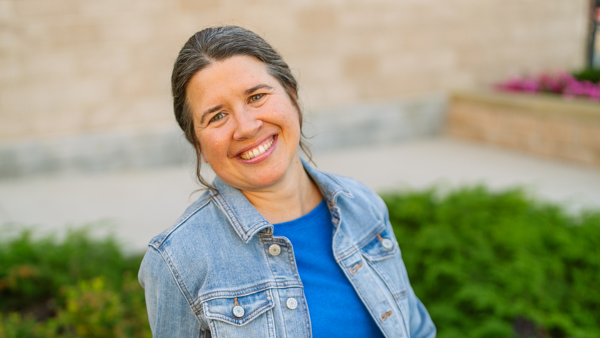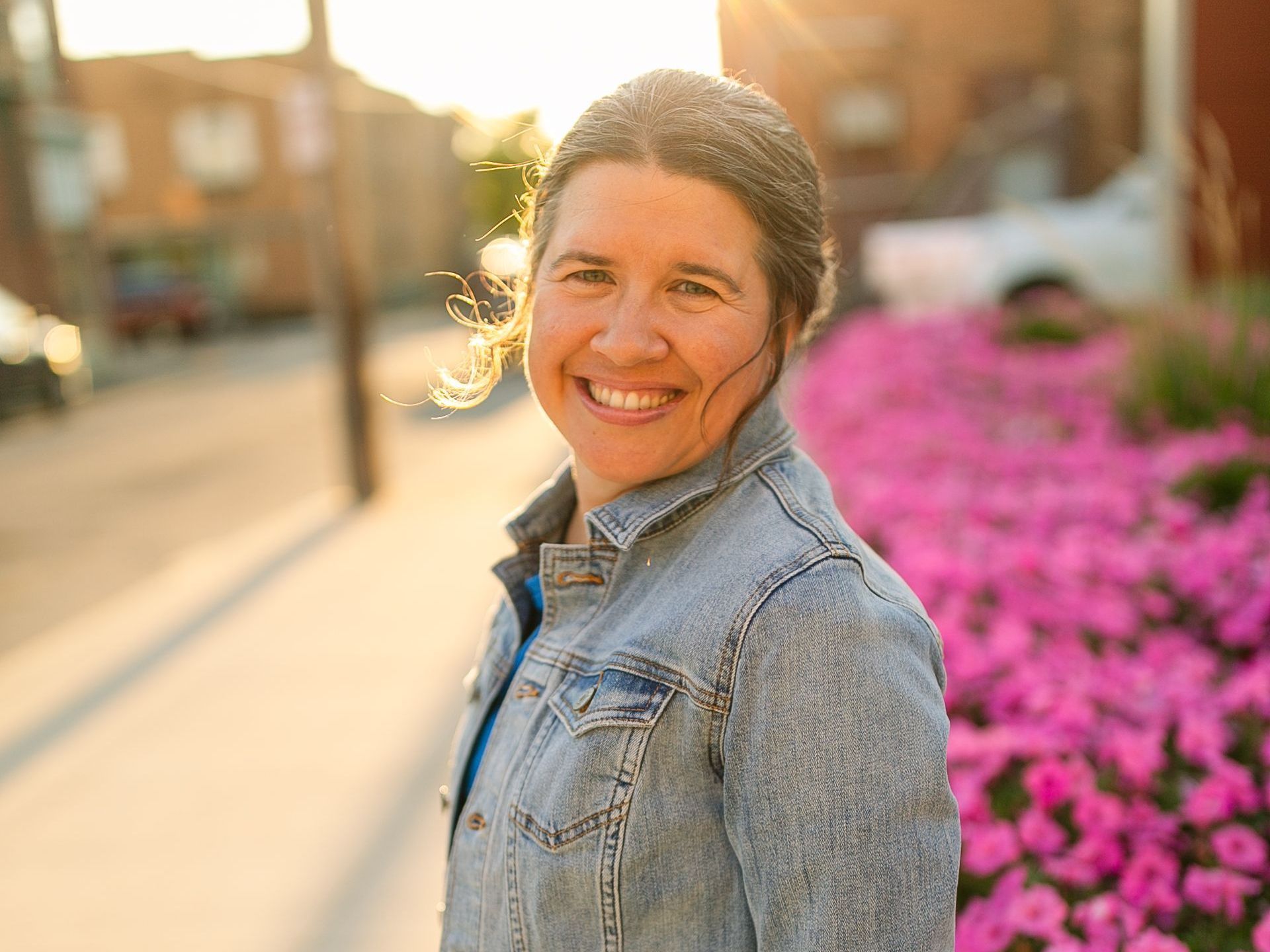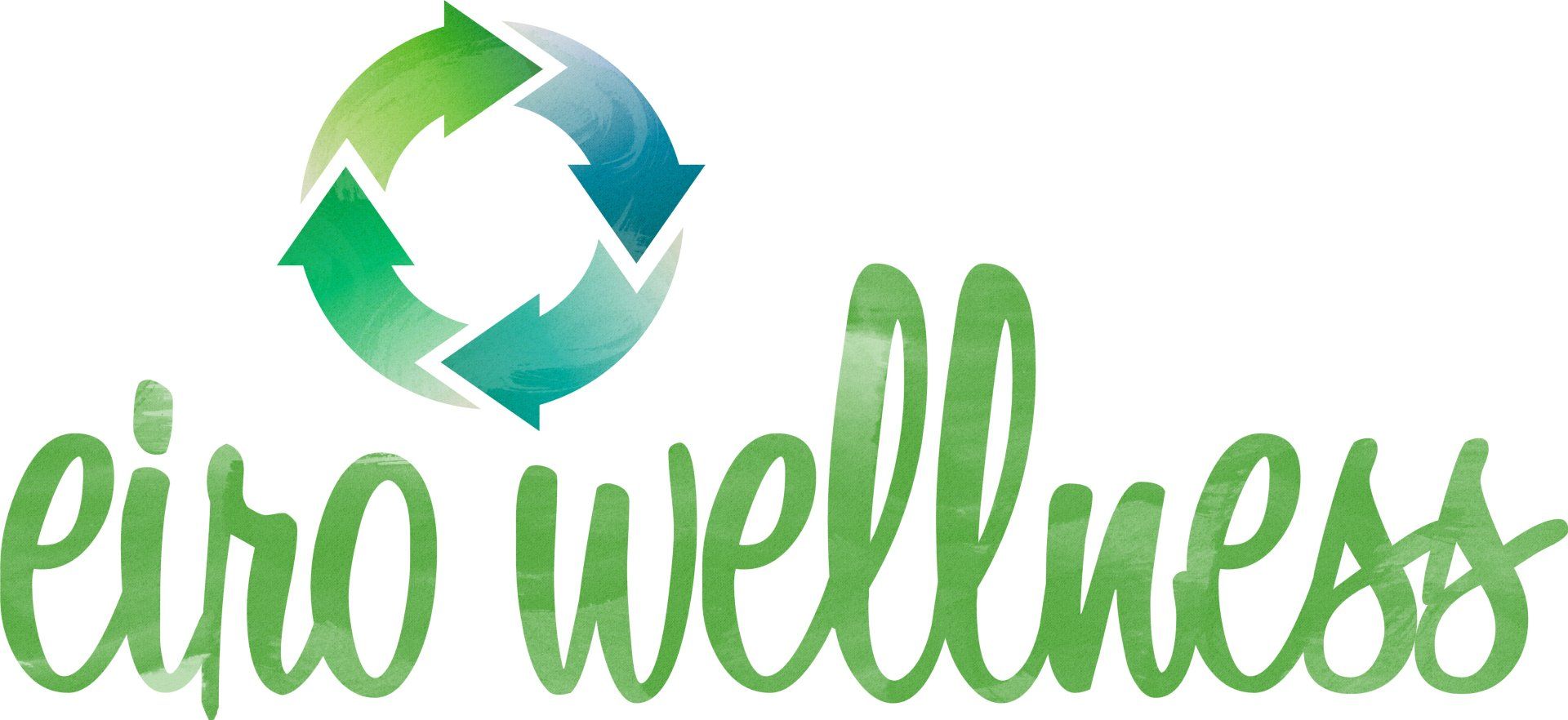Feeling Tired and Off-Balance? Here’s a Gentle Way to Start Healing: Hair Tissue Mineral Analysis (HTMA)
Here’s a Gentle Way to Start Healing: Hair Tissue Mineral Analysis (HTMA)
Let’s be honest.
When you’re already running on empty—your anxiety high, your energy low, your hormones out of whack—the last thing you need is another complicated health thing to figure out.
But what if there was a gentle, non-invasive way to get real answers about what’s going on in your body?
Something that doesn’t require fasting, needles, or overwhelm... just a small sample of hair—and in return, it offers a map toward feeling like yourself again?
That’s what Hair Tissue Mineral Analysis (HTMA) can do.
Let me explain.
What Is HTMA, and How Does It Work?
HTMA stands for Hair Tissue Mineral Analysis. It’s a lab test that analyzes a small sample of your hair (yes, the hair on your head!) to see what minerals and metals are stored in your body.
Here’s why that matters:
Minerals are like the spark plugs in your body. They help regulate your energy, mood, hormones, digestion, and sleep. When you’re under chronic stress—like many moms and women are—these mineral levels get depleted or out of balance.
And when minerals are off, your whole system can feel off.
With HTMA, we can get a detailed report of:
- Which minerals are too high or too low
- If your body is storing toxic metals like mercury, aluminum, or lead
- How your body is handling stress, blood sugar, and adrenal function
Why HTMA Can Be a Game-Changer for Women Under Stress
Most women I work with are tired of guessing. Tired of buying random supplements. Tired of doctors dismissing them because their blood work looks “normal.”
HTMA takes the guesswork out of the process.
Here’s what it can reveal:
- Personalized health insights. You’ll discover exactly what your body needs right now—whether it’s more magnesium to calm your nerves, or zinc to support your hormones.
- Toxic metal exposure. If your body is storing heavy metals like mercury, aluminum, or copper in the wrong amounts, it can affect your mood, brain fog, sleep, and even your thyroid.
- Better supplement guidance. Instead of spending money on things that aren’t helping, HTMA helps you focus on what will actually move the needle.
- Support for fatigue, stress, and hormone imbalance. Mineral imbalances often show up as exhaustion, irritability, anxiety, poor sleep, and hormone swings. With the right minerals restored, your body can begin to heal—one step at a time.
How to Get Started with HTMA
I am so convinced of the importance of checking your mineral levels that I include an HTMA test in the Wholeness Restored Program. That means every client that goes through Wholeness Restored automatically gets an HTMA test!
The next step to get started is simple.
Schedule a free 45-minute introductory call with me.
I want to hear about your health concerns and understand your unique needs. I will also give you all the details about HTMA testing and the Wholeness Restored Program so you can decide if this is the right step for you in your healing journey.
You’re Not Broken. You’re Just Out of Balance.
If you feel like something is off—it’s not in your head.
Your body is trying to tell you something. HTMA is a gentle way to listen.
And when we listen to the body with curiosity instead of judgment, healing begins.
If you’re ready to explore this next step, I’d be honored to walk with you.
Because healing doesn’t have to be hard.



